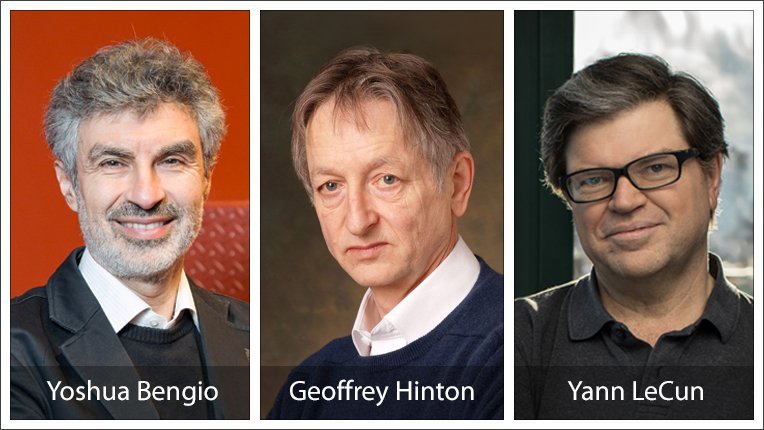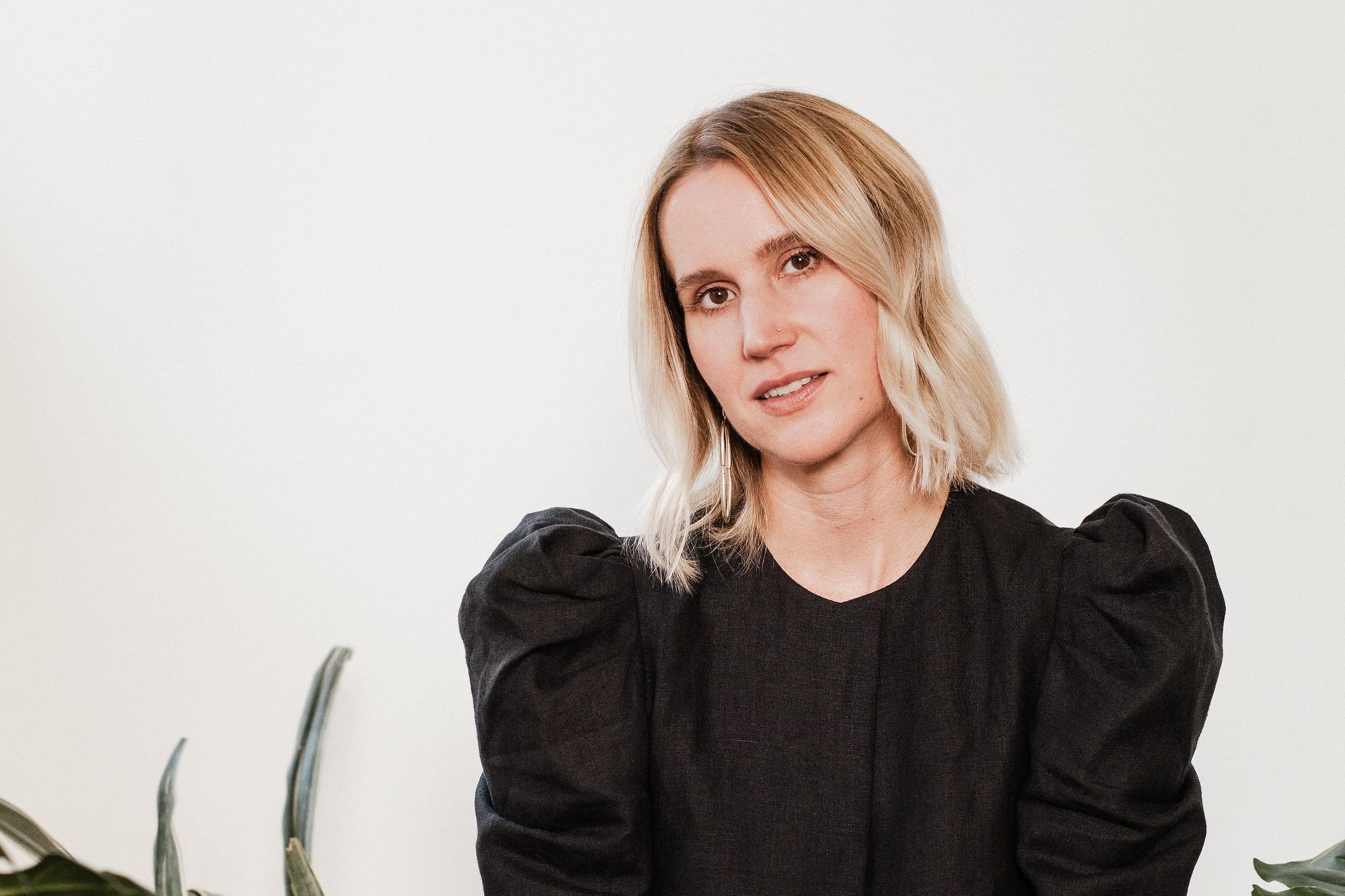Shining an even brighter spotlight on artificial intelligence, three computer scientists who have contributed to advances in deep learning won the 2018 Turing Award on Wednesday.
Sharing computing’s most prestigious award and $1 million prize are Geoffrey Hinton, a Google vice president and engineering fellow who is also professor emeritus at the University of Toronto; Yann LeCun, Facebook’s chief AI scientist and professor at New York University; and Yoshua Bengio, professor at the University of Montreal and scientific director of Mila, Quebec’s Artificial Intelligence Institute.
“Artificial intelligence is now one of the fastest-growing areas in all of science and one of the most talked-about topics in society,” said Cherri M. Pancake, president of the Association for Computing Machinery, in a statement. “The growth of and interest in AI is due, in no small part, to the recent advances in deep learning for which Bengio, Hinton and LeCun laid the foundation.”
New York-based ACM gives out the annual Alan Turing Award, named after the British mathematician and computer scientist considered the key founder of theoretical computing and artificial intelligence.
“This award is recognition by the scientific community of this whole area of research into neural networks, not just our work,” Bengio said in an interview with this news organization. Neural networks are computer systems that are modeled on the human brain and are able to detect patterns from data, and deep learning can use multiple layers of data to make decisions.
LeCun noted that research into the neural networks that power AI has been going on for the past few decades, but it has been subjected to “waves of interest. It’s only in the last less than 10 years that AI has come to the fore, creating a whole new industry,” he said.
“These technologies are used by billions of people,” Pancake said. “Anyone who has a smartphone in their pocket can tangibly experience advances in natural language processing and computer vision that were not possible just 10 years ago.”
Artificial intelligence makes possible everything from Siri, Alexa and autonomous vehicles to customer-service bots and computers that write news articles or create art. Deep learning is also being used in health care and medicine, helping to fight climate change and predicting disasters, Hinton told this news organization.
“Imagine a family doctor who has treated 10 million patients and has spent a long time reflecting on all of the similarities and difference in their histories,” Hinton said. “Wouldn’t you prefer that doctor over your current one?”
AI has also grabbed headlines because of the ethical issues it raises. Some systems have been shown to be biased, leading to concerns about the use of the technology in self-driving vehicles, law enforcement and other areas. Tech workers have protested the use of AI in war. And many workers fear being displaced by robots.
“It’s true that advances in machine learning can be used in ways that can be dangerous for democracy, health care and education,” Bengio said. “People who are experts in those fields have to be involved. We need to have a global conversation about what’s acceptable and what’s not.”
LeCun blamed issues of bias on badly designed systems, and said decisions made by AI are “probably less biased than decisions made by people. It’s very easy to tell a system not to use a particular variable” in a dataset. “You cannot do that with humans,” he added.
Do ethical issues necessitate regulation or at least a framework for AI, which companies like Google and others have released recently?
“There’s no need for specific regulations of AI,” said LeCun, noting that existing laws can govern certain applications of AI technology. “AI is being conflated with data collection in a data-rich society,” he added.
But Bengio said, “It does make sense to impose some regulations where current laws may not be appropriate. Every specific case needs to be looked at.” For example, he said there is already work under way on a treaty against autonomous weapons.
When asked about tech giants’ continuing problems with moderating online content despite having AI at their disposal, LeCun said that while it’s not perfect, the technology has already made a big difference.
“If you take deep learning techniques out of Facebook and Google, both companies would completely crumble,” he said.
Hinton, LeCun and Bengio are being recognized for work they’ve done together and independently over the past three decades, ACM’s announcement said. For example, LeCun and Bengio are co-directors and Hinton is an advisor of the Learning in Machines and Brains program for the Canadian Institute for Advanced Research.
ACM will honor the three men at a ceremony in San Francisco on June 15.









